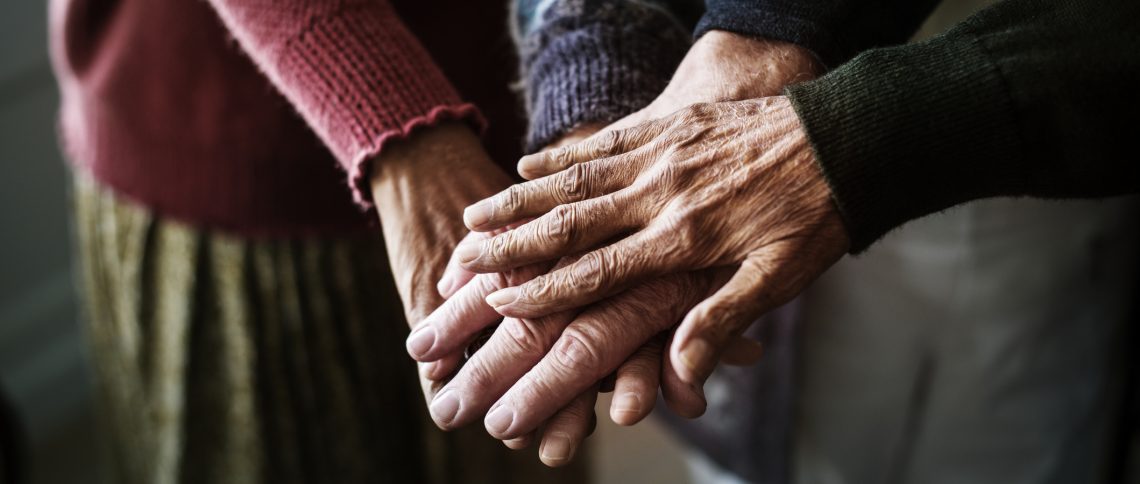
A new study that analyzed data from the Centers for Disease Control and Prevention ranked Texas 29th in the country for the most dangerous states for seniors. The study analyzed data involving fatal and non-fatal injuries stemming from incidents across the country.
Statistics on Violence Against Seniors
The Centers for Disease Control and Prevention notes that violence against the elderly has risen in recent years. According to the CDC, there has been an increase of approximately 55 percent in the number of non-fatal assaults to this population between 2002 and 2016. The CDC attributes much of this increase to the greater number of elderly individuals. Currently, about 22 percent of Americans are age 60 or older. This number is expected to increase to 28 percent by the year 2050. In general, seniors have a lower rate of being a victim to a violent crime when compared to other demographic groups. However, they are at risk for elder abuse, which is not a concern for other demographics. Current estimates are that about ten percent of seniors experience elder abuse every year. However, the vast majority of these incidents are underreported, so the exact number is not known.
Texas Findings in the Study Help for Cases Involving an Abused Elderly Victim
The study revealed the following findings regarding the elder population in Texas:
- Texas is ranked 28th in the number of overall violent deaths with 18.4 such incidents per 100,000 residents.
- Texas is ranked 16th in the number of homicides with 2.5 per 100,000 residents.
- Texas is ranked 31st for the number of suicides with 15.9 per 100,000 residents.
Other Study Findings
The study found that Massachusetts had the lowest number of overall violent deaths with 8.7 per 100,000 residents. Massachusetts also ranked the lowest in the number of suicides with 7.7 per 100,000 residents. New Hampshire ranked lowest in the number of homicides with 7 per 100,000 residents. States that ranked in the top ten most dangerous in order were:
- Nevada
- Wyoming
- New Mexico
- Montana
- Arizona
- Oregon
- Alaska
- Idaho
- Colorado
- West Virginia
The states and districts that were ranked the least dangerous were:
- Massachusetts
- Rhode Island
- New Jersey
- New York
- Connecticut
- Washington, D.C.
- North Dakota
- Minnesota
- Nebraska
- Illinois
Risk Factors for Elder Abuse
Certain elderly individuals are at a heightened risk for elder abuse. The CDC cites the following risk factors for elder abuse:
- The elderly individual has been diagnosed with mental illness
- The elderly individual abuses alcohol
- Caregivers do not receive adequate training
- The elderly individual was exposed to abuse as a child
- Someone is financially and emotionally dependent on a vulnerable elder
- The elderly individual lacks support in the community
- Caregivers have an unsympathetic or negative attitude toward the elderly
- The elderly is isolated from friends and family
- There are chronic staffing problems in nursing homes
- Staff burnout
- Stressful working conditions
- Lack of administrative oversight
Warning Signs of Elder Abuse
Loved ones should be mindful of the following signs that an elderly individual may be being abused:
- The elderly individual has unexplained injuries
- The elderly individual expresses fear around a particular person
- There are behavioral changes in the elderly person, such as seeming withdrawn, anxious or depressed
- The elderly individual reverts to childlike behavior, such as rocking back and forth or sucking his or her thumb
- There are missing things from the elderly person or a sudden change in a legal arrangement
- The elderly individual’s living condition has deteriorated even though he or she has adequate income to meet his or her basic needs
- A new person is showing increased interest in the elderly individual
Legal Assistance with Elder Abuse
If you are concerned that your loved one is not being treated properly, an experienced nursing home abuse lawyer can help. Our compassionate lawyers can conduct a thorough investigation to determine the facts surrounding your loved one’s case and hold the abusive parties responsible for their actions. Contact us today to schedule a free, no-obligation consultation.
